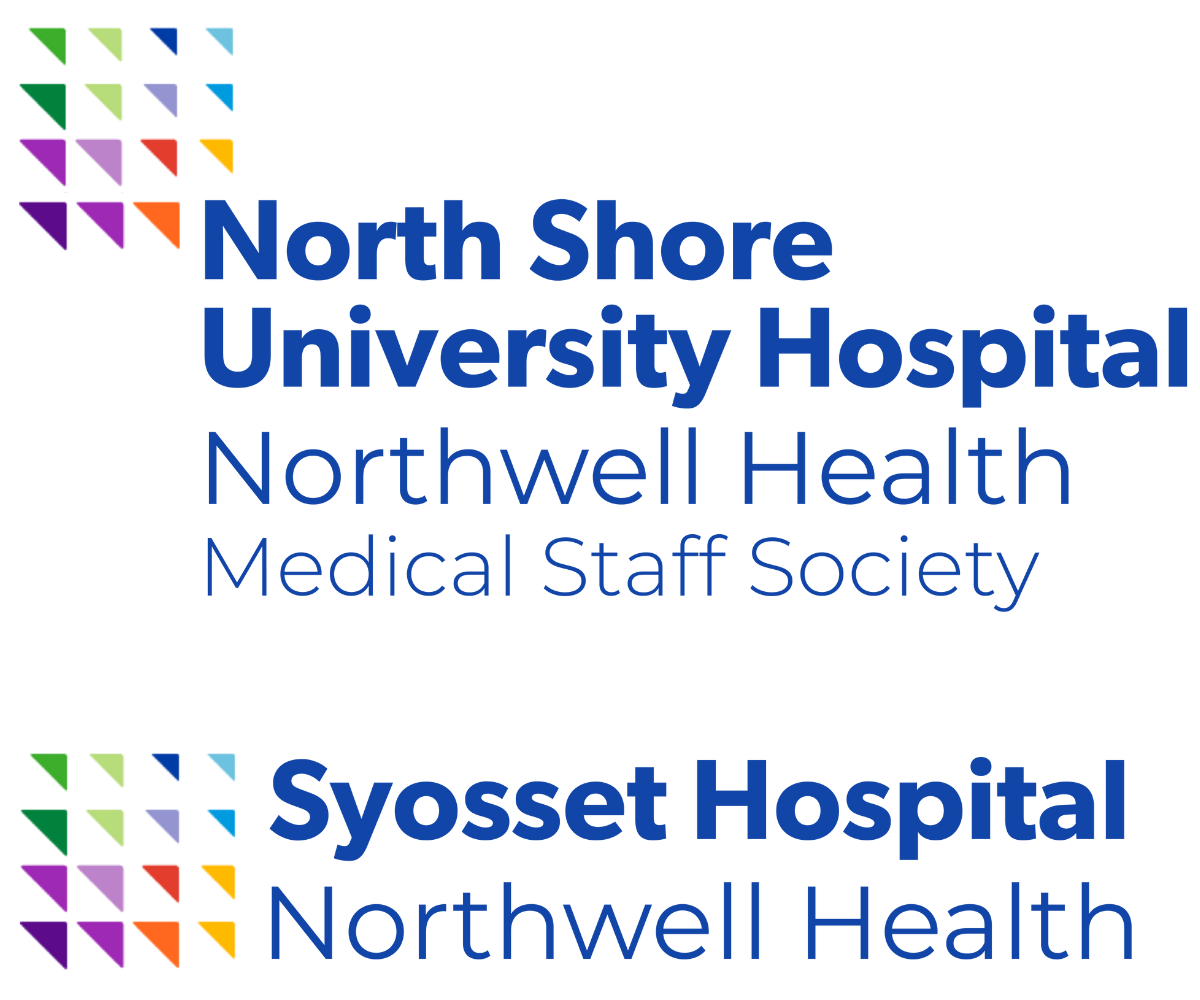Exercise plays a crucial role in maintaining a healthy heart. Regular physical activity has been shown to reduce the risk of cardiovascular diseases such as heart attacks, strokes, and high blood pressure. It strengthens the heart muscle, improves blood circulation, and helps control cholesterol levels. Contact NSUH Medical Staff Society at North Shore University Hospital for help today!
Types of Exercise for Heart Health
- Aerobic Exercise: Aerobic exercises such as walking, jogging, swimming, and cycling are excellent for cardiovascular health. They increase heart rate and oxygen consumption, improving overall fitness levels and reducing the risk of heart disease.
- Strength Training: Strength training exercises, including weightlifting and resistance exercises, help build muscle mass, indirectly benefiting heart health. Increased muscle mass enhances metabolism, regulates blood sugar levels, and supports overall cardiovascular function.
- Flexibility and Balance Exercises: Incorporating flexibility and balance exercises like yoga and tai chi into your routine can complement aerobic and strength training. These exercises promote relaxation, reduce stress, and improve overall well-being, contributing to better heart health.
Benefits of Exercise for the Heart
- Improved Heart Function: Regular exercise strengthens the heart muscle, enabling it to pump blood more efficiently. This reduces the workload on the heart and lowers the risk of heart-related conditions.
- Lowered Blood Pressure – Physical activity helps regulate blood pressure by promoting better blood flow and reducing stress on the arteries. This can lead to a lower risk of hypertension and associated heart problems.
- Healthy Cholesterol Levels: Exercise can raise HDL (good) cholesterol levels while lowering LDL (bad) cholesterol and triglycerides. This balance supports optimal heart health and reduces the risk of atherosclerosis and heart disease.
- Set Realistic Goals: Start with achievable goals and gradually increase the intensity and duration of your workouts. Consistency is key to reaping the long-term benefits of exercise for heart health.
Choose Activities You Enjoy
Find activities that you enjoy and can sustain over time. This will increase your adherence to your exercise routine and make it more enjoyable.
Consult With Northwell North Shore University Hospital
Before starting any exercise program, consult your healthcare provider, especially if you have pre-existing health conditions. They can provide personalized recommendations and ensure your safety during physical activity.
Contact North Shore University Hospital
Exercise is a powerful tool for promoting heart health and reducing the risk of cardiovascular diseases. By incorporating aerobic, strength training, flexibility, and balance exercises into your routine, setting realistic goals, and consulting with healthcare professionals, you can take proactive steps toward a healthier heart and a better quality of life. Start your journey to a healthier heart today by incorporating exercise into your daily life. Contact NSUH Medical Staff Society at North Shore University Hospital for help today! Your heart will thank you for it!



